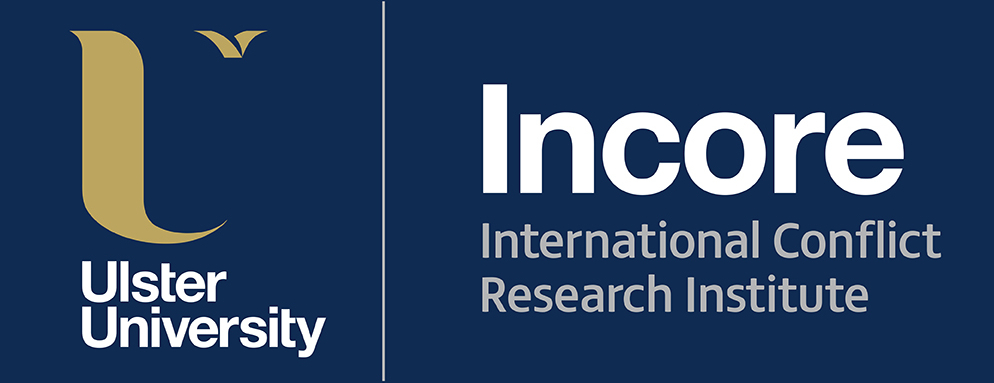In the first of two posts on the subject, Adrian Grant outlines the international links of Accounts of the Conflict and reports on his recent visits to Boston and Washington DC. The second post will appear on the blog shortly.
Those of us working on the Accounts of the Conflict project are committed to learning from international experience in the areas of peace-building, digital archiving and dealing with the past. We work closely with our team of international advisers, who represent various disciplines in countries throughout the world. Those of you who have been following our recent seminar series will know that some of these advisers have already visited Northern Ireland and offered their thoughts and suggestions. For those of you who missed out on any of these seminars, they are available to view here. Our concluding seminar will take place in the University of Ulster’s Belfast campus on 19th June 2014. We hope to welcome all of our international advisers back to Northern Ireland in November, when we host the Accounts of the Conflict international conference in Belfast.
Ensuring that Accounts of the Conflict is internationally recognized, and that we are using up to date techniques in digital preservation and data management is also important. I recently made a trip to the east coast of the USA to spread the word about Accounts of the Conflict and to learn as much as I could from experts at the various institutions in and around Washington DC.
My first stop was in Boston where I attended the Build Peace conference at MIT. This was billed as an event to bring ‘together practitioners, activists and technologists from around the world to share experience and ideas on using technology for peacebuilding and conflict transformation’. Alongside traditional conference panels, workshops and keynote lectures, there were two sessions of Ignite talks – one of which I participated in.
The Ignite format was something I was not aware of before signing up to speak at the conference. My brief was to explain the difficulties with legacy issues in Northern Ireland, and how technology might be used to aid the process of dealing with the past. Dread quickly set in when I realized that I had five minutes and twenty auto-advancing slides to do this. After carefully selecting around five topics to concentrate on, my spare moments in the weeks prior to the conference were taken up with practicing the timings and delivery of the talk. In the end the talk went quite well and I think those who listened appreciated the complexity of legacy issues in Northern Ireland. I was very encouraged by the response of people from numerous countries that wanted to discuss Accounts of the Conflict during the rest of the conference. However, I was a little concerned that the message was lost in the muddle of twenty-two Ignite talks, covering a variety of complex issues, in the space of two hours.
The rest of the conference followed a more traditional format, with keynote speakers and panel sessions. Ethan Zuckerman’s closing keynote was the standout part of the conference for me. His research into the role of media in building peace was presented in a realistic, grounded and insightful way. The same could not be said for some of the other presentations, which emanated an air of arrogance and distance from events on the ground. On a number of occasions I was discomforted by references to opening up new markets for profit making, and (perhaps Freudian) slips about spreading misinformation from the representative of an organisation with a less than perfect track record in international development. My biggest criticism of the conference has to be the lack of critical engagement with the ideas presented. Perhaps this was only evident in the sessions I attended, but it was difficult to ignore the atmosphere of backslapping around how much good we were all doing.
The negative experiences aside, the Build Peace conference was worth attending. I was able to bring the key concepts of storytelling, digital archiving and the Accounts of the Conflict project to a large international audience and learn how technology is being applied in many different ways to aid conflict resolution processes throughout the world.
In the next post I’ll be outlining the some of the work being done in places like the Library of Congress and the United States Holocaust Memorial Museum – check back soon and follow @INCOREinfo on Twitter.
- Closing Remarks - 3rd December 2014
- Conference: 17-18 November 2014 - 14th November 2014
- Conference: Less Than a Week to Go - 13th November 2014






